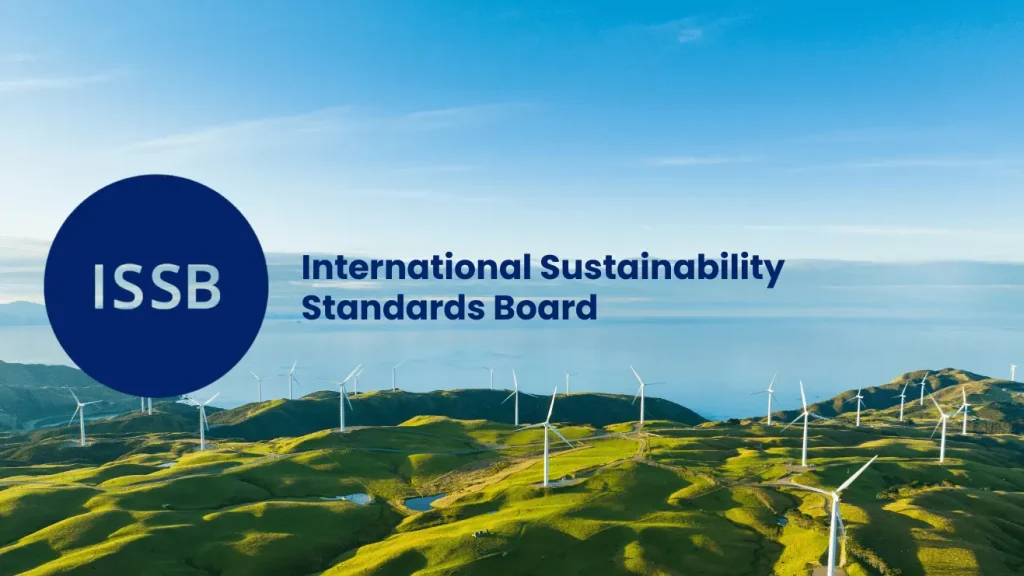Comprehensive overhaul: The ISSB proposes updates to SASB Standards across nine priority industries and targeted metrics across 41 others to enhance alignment with IFRS S2.
First global input opportunity: Stakeholders worldwide are invited to comment on SASB metrics related to climate, nature, and human capital by 30 November 2025.
Focus on interoperability: Drafts were shaped through collaboration with major frameworks including GRI, EFRAG, and TNFD, ensuring global relevance and alignment.
The International Sustainability Standards Board (ISSB) has released two exposure drafts proposing significant updates to the SASB Standards and aligned amendments to the Industry-based Guidance on Implementing IFRS S2. This marks a major step in aligning industry-specific sustainability metrics with the global ISSB Standards framework.
The proposed changes represent:
A full review of nine high-priority industries, including all eight in the Extractives & Minerals Processing sector and the Processed Foods industry;
Targeted amendments across 41 additional industries on topics such as Water Management and Workforce Health & Safety; and
Updates to IFRS S2 implementation guidance for the prioritised industries and 37 of the 41 others, ensuring continued alignment with SASB’s climate-related disclosures.
“These proposals present the first opportunity for global stakeholders of the IFRS Foundation to provide comprehensive input on the cost-effectiveness and decision-usefulness of the SASB Standards,” the ISSB said.
The enhancements, outlined in the ISSB’s 2024–2026 work plan, are intended to support companies using the ISSB Standards—IFRS S1 General Requirements for Disclosure of Sustainability-related Financial Information and IFRS S2 Climate-related Disclosures. The updates will also benefit companies that use SASB Standards voluntarily.
Stakeholders are encouraged to review metrics tied to key sustainability areas—including Greenhouse Gas Emissions, Energy Management, Labour Practices, and Workforce Health & Safety—and submit feedback via a newly launched online survey. The tool allows selective commentary on proposals of most relevance, supplemented by unmarked reference materials for ease of review.
RELATED ARTICLE: Tim Mohin: ISSB ‘Harmonizes’ Global Sustainability Standards
“SASB Standards are widely used voluntarily and are an important source of industry-based guidance for those using the ISSB Standards,” said Sue Lloyd, ISSB Vice-Chair. “This comprehensive review for nine industries further aligns the language and concepts in the SASB Standards with the ISSB Standards. For our stakeholders, this is the first noteworthy opportunity to weigh in comprehensively on the content of the SASB Standards in the context of the ISSB Standards.”

ISSB’s 150-day comment period ends on 30 November 2025, and the Board aims to finalise and publish the enhancements in 2026 following stakeholder feedback.
The proposals were informed by global consultations with investors, preparers, and subject-matter experts, as well as continuous collaboration with standard-setters including the Global Reporting Initiative (GRI), the European Financial Reporting Advisory Group (EFRAG), and the Taskforce on Nature-related Financial Disclosures (TNFD).
Looking ahead, ISSB plans to release additional exposure drafts for Electric Utilities & Power Generators and two standards in the Food & Beverage sector by the end of 2025. The Board also intends to identify a new set of industries for prioritisation later this year.
Follow ESG News on LinkedIn

